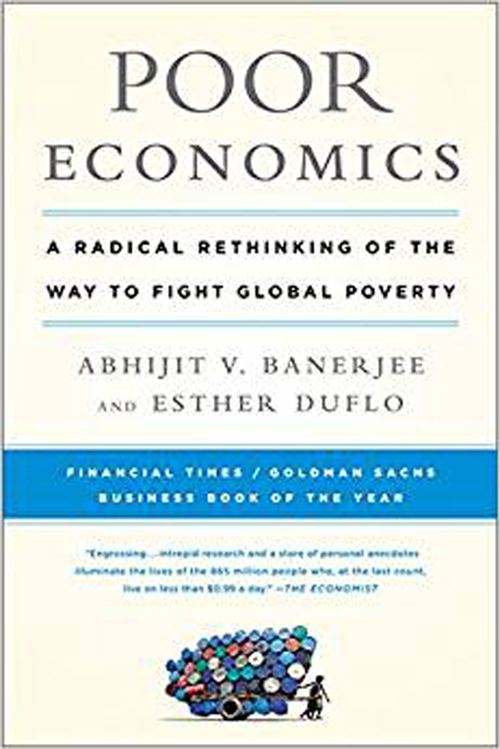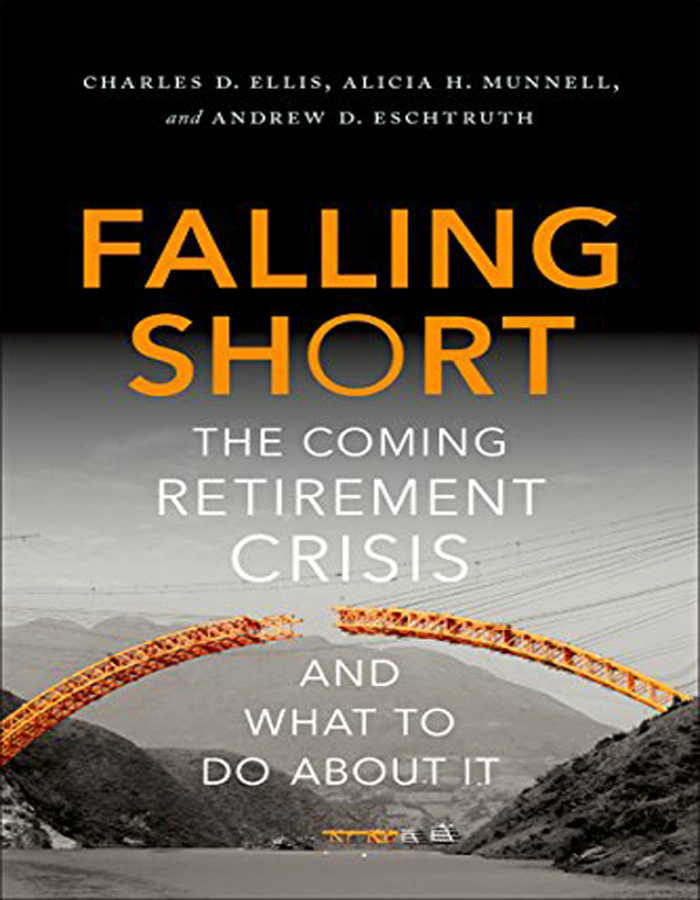Does Automatic Enrollment Increase Contributions to Supplement Retirement Programs by K-12 and University Employees?
By Robert L. Clark, Denis Pelletier This study examines the impact of the adoption of automatic enrollment provisions by schools and universities in the state of South Dakota for its supplemental retirement saving plan (SRP). In South Dakota, educational personnel are also covered by a defined benefit pension plan and by Social Security. Thus, career public employees in South Dakota can expect a life time annuity from these two programs of around 75 percent of their final salary. Prior...




